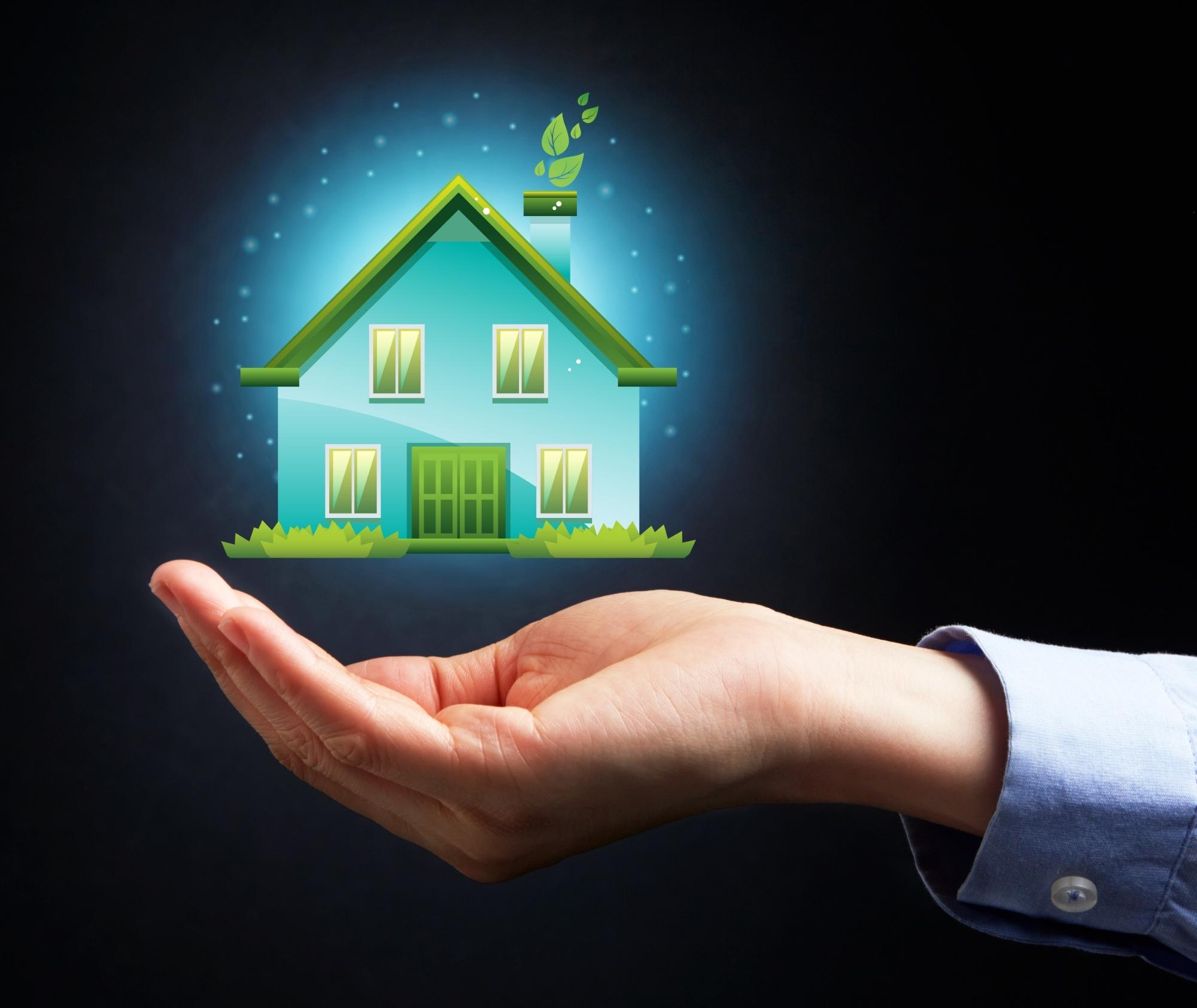The focus on climate change and the need to prioritise the environment has never been more important. In November, the 26th UN Climate Change conference (COP26) took place where countries around the world outlined the measures they each would need to take to tackle global warming.
The UK became the world’s first major economy to set a target of being net zero by 2050. Now, hundreds of cities and private companies have pledged to cut greenhouse gas emissions to “net zero” by 2050 and offset as much CO2 as they produce.
With “net zero” being a term more frequently used in the media, what exactly is it?
What is net zero?
In simple terms, net zero is the offset between the amount of greenhouse gases being produced balanced with the amount being removed from the atmosphere. When reaching net zero the amount of CO2 added will be no greater than the amount taken away.
Why is achieving net zero so important?
Our planet is getting hotter with average temperatures now one degree higher than in the pre-industrial era. While this change may seem small, it is causing a large impact on the earth such as melting the ice caps, rising sea levels and causing extreme weather patterns including heatwaves, floods and typhoons.
If global warming gets worse, so will its effects. Greenhouse gases, carbon dioxide being one of them, are the leading driver of climate change. Net Zero, therefore, is one the best ways in which we can reduce global warming and address climate change.
However, we act now to stem emissions will be crucial to the survival of the planet. Everyone has a role to play to achieve net zero; from worldwide governments, businesses, and individuals.
What is The Pioneer Group doing to help?
The Pioneer Group is working towards net zero for its homes by 2050.
The first step is to ensure the Energy Performance Certificates (EPC) of its properties meet a C-rating. EPCs show how much a building will cost to heat and light, what its carbon dioxide emissions are likely to be and what improvements can be made to increase its energy efficiency. The Pioneer Group has set a target for 2030 to bring all of its properties up to C-level rating.
This target coincides with the UK government’s Clean Growth Strategy Targets that asks social housing providers like The Pioneer Group to attain the minimum rating of Energy Performance Certificate (EPC) C for rented properties by 2035 or by 2030 for ‘fuel poor’ households.
To be a net zero home, the energy that a house needs must balance out the energy that can be generated to run it. With new heating technology and lower-cost renewable energy systems, it is possible but requires great investment and government support.
The Pioneer Group is also working with Savills, the largest property consultancy advising the housing sector to help achieve net zero.
Find out more about The Pioneer Group and Net Zero here.
What can individuals do to help reduce their carbon footprint?
There are lots of ways in which you can cut down on your carbon footprint.
Here are some ways to go a little bit green:
- Turn down the thermostat 1 degree. This uses less gas and even saves you money on your bills.
- Break the jumpers out. Wearing an extra layer instead of turning up the heating can keep you just as cosy while reducing emissions and your bills.
- Travel green. Why not try public transport, cycling, carpooling or driving electric.
- Choose wisely. Choose an energy provider that uses renewable energy sources.
- Think smart. If you have a smart meter, you can see your energy use in pounds and pence as it is happening. This is a good motivator to help you see areas where you could cut down.
The carbon calculator can show you how big your carbon footprint is currently.
